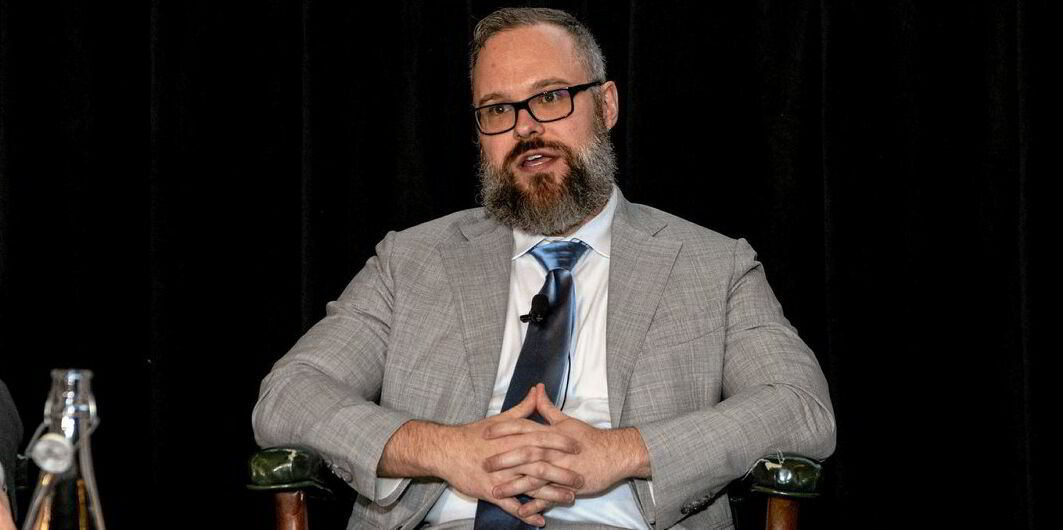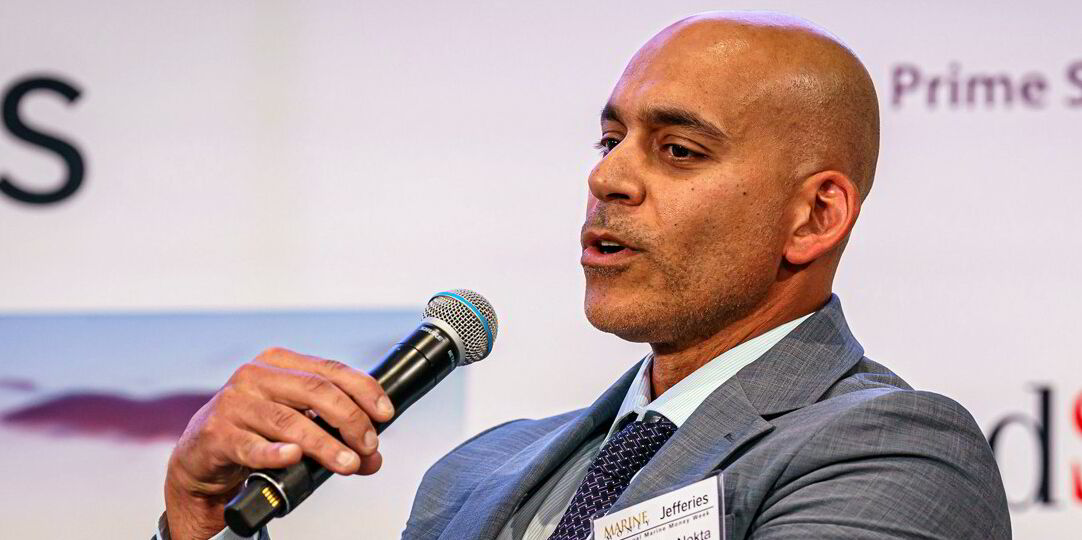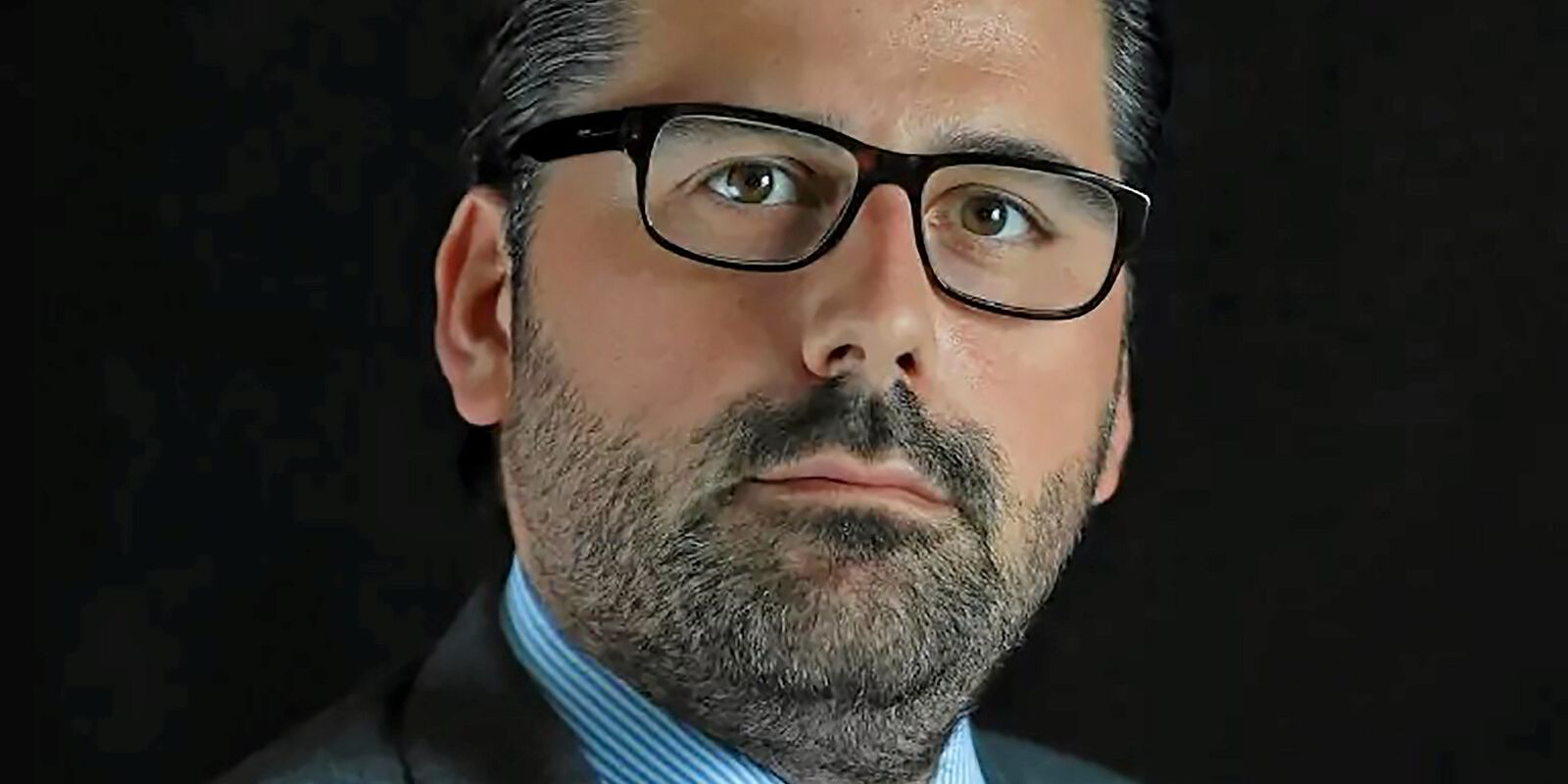Product tanker owners are still expecting a traditional winter rally in rates, the kind that usually begins around the Thanksgiving holiday in the US, but they are already awash with cash from three years of peak markets.
Scorpio Tankers continued a long history of finding creative ways to put that cash to work last week, announcing an $89.1m investment that gives it a 4.9% stake in VLCC specialist DHT Holdings.
The product tanker giant’s tack was a surprise and met with mixed reactions from the equity analysts who cover the company.
But making a major investment outside the clean product market was not without precedent, even if one has to go back more than a decade to find the details.
Scorpio’s previous buys came in steel, not stock. One was also in the VLCC market, the other was in VLGCS.
And if Scorpio does as well managing the DHT stake as it did flipping the vessel assets, management will be making more profits for investors.
Both asset plays came in 2013. It started with gas, as Scorpio launched orders in South Korea that eventually would grow to 11 VLGCs plus two options.
Four months later, it returned to Asian yards for VLCC orders that reached seven tankers.
Scorpio was out of the gas ships by October 2013, merging them into New York-listed Dorian LPG in exchange for shares representing 30% of the gas outfit.
The Emanuele Lauro-led company sold the VLCCs to Peter Georgiopoulos’ General Maritime (Genmar) in March 2014.
In both cases, Scorpio reported strong profits.
For the gas ships, it recorded a $41.4m gain based on the initial transaction.
A shares exchange in June 2014 resulted in a further gain of $10.9m.
Scorpio had to take a writedown of $13.9m later that year on the position, but then reported a further gain of $1.2m as it exited the stake in 2015.
The bottom line: a $39.9m gain.
The VLCC play was easier to measure, as Genmar paid in cash. Scorpio recorded a $51.4m gain, according to a public filing.
Now the question is whether Scorpio can do with shares what it did with steel.
President Robert Bugbee portrayed the DHT investment as a power statement on prospects for the crude sector, particularly VLCCs. A strong crude market would have a knock-on effect for Scorpio’s clean ships, management argued.
A classic winter rates rally could produce a run-up by DHT shares in the next few months, although Bugbee told equity analysts he saw the play as longer term than that.
How was the critical reception from researchers?
Generally positive from analysts at Jefferies and Clarksons Securities, but a little frosty from those at Deutsche Bank and Stifel.
Stifel analyst Ben Nolan called the buy “a head-scratcher”.
“While opportunistic and perhaps well timed ahead of a potential seasonal improvement in VLCC rates, inarguably DHT shares trade much closer to net asset value than do STNG [Scorpio Tankers] shares,” Nolan told clients.
Clarksons Securities agreed with the NAV analysis, saying Scorpio shares faced a 35% discount compared with 5% for DHT.

However, analyst Frode Morkedal expressed a more relaxed view of that dynamic.
“The $89m investment represents just 3% of Scorpio’s market cap, a relatively minor position that is unlikely to have a significant impact,” he wrote.
Scorpio also has been a heavy buyer of its own stock, taking in $247m or 8% of its market capitalisation last quarter.
The shipowner is buying the maximum allowed under US Securities and Exchange Commission regulations, and the DHT purchase does not erode its ability to do so, Bugbee told analysts.
Nolan was not fully satisfied with this, suggesting in a client note that the company should launch a shares tender that would get around the SEC caps.
Bugbee declined to comment on that suggestion when Streetwise contacted him this week.
Deutsche Bank analyst Chris Robertson had a different quibble with the DHT move.
“While we understand that certain investors may want exposure to the VLCC crude tanker segment, we question if this decision should be made for them by Scorpio’s management team, especially when STNG shares are trading significantly below estimated NAV,” Robertson told clients.
The objection on governance grounds is similar to those previously raised by researchers when listed owners switch from one asset class to another.
However, this form of public-owner-on-public-owner investment has become more commonplace in recent years.
Ultimately, the test will be how profitable it turns out to be. And on that score, Scorpio’s record offers hope.






